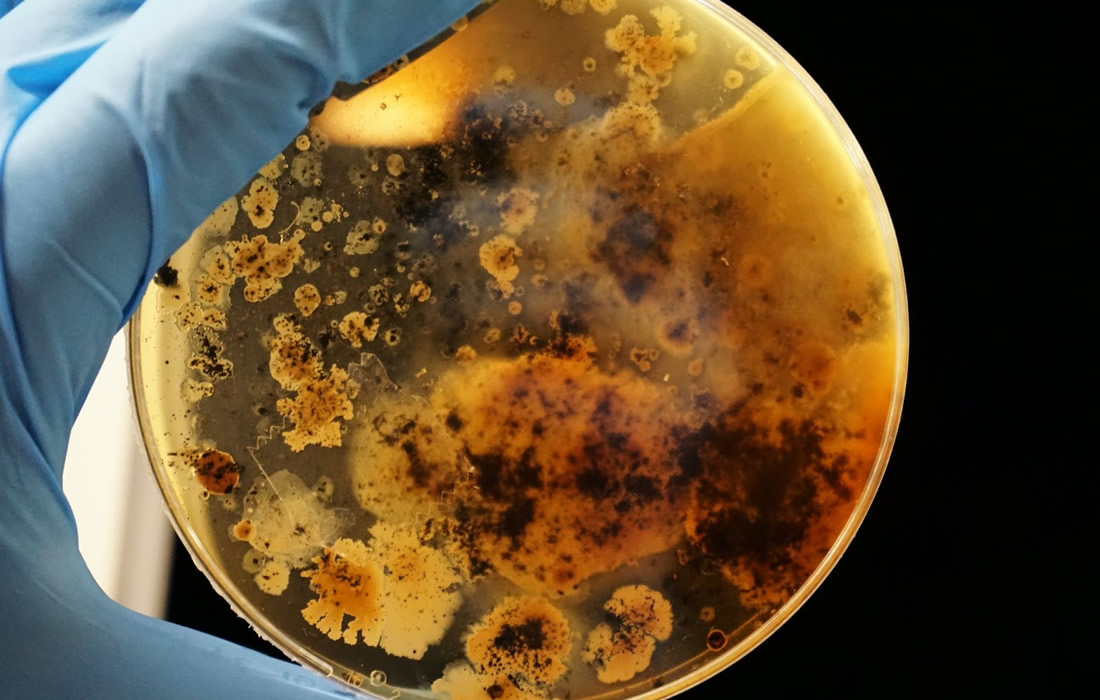Regenerative Medicine News and General Information
Engineered Bacteria Paint Targets on Tumors for Cancer-Killing T Cells to See
Synthetic biologists at Columbia Engineering report a new approach to attacking tumors. They have engineered tumor-colonizing bacteria (probiotics) to produce synthetic targets in tumors that direct CAR-T cells to destroy the newly highlighted cancer cells.
“Our probiotic platform enables CAR-T cells to attack a broad range of tumor types,” said Tal Danino, who led the study published by Science. “Traditional CAR-T therapies have relied on targeting natural tumor antigens. This is the first example of pairing engineered T cells with engineered bacteria to deliver synthetic antigens safely, systemically, and effectively to solid tumors. This could have a significant impact on the treatment of many cancers.”
Danino’s lab has essentially created a universal CAR-T cell that attacks a universal antigen, by programming the tumor-seeking bacteria to paint solid tumors with a synthetic marker that the CAR-T cells can recognize. The researchers expect that, with further refinements, this platform will enable the treatment of any solid tumor type without the need to identify a specific tumor antigen — thus bypassing the need to generate a custom CAR-T cell product for each cancer type and each patient.
This probiotic-guided CAR-T cell (ProCAR) platform is the first time that scientists have not only successfully combined engineered probiotics with CAR-T cells, but have also demonstrated the first evidence of CARs responding to synthetic antigens produced directly within the tumor.
“Combining the advantages of tumor-homing bacteria and CAR-T cells provides a new strategy for tumor recognition, and this builds the foundation for engineered communities of living therapies,” said the study’s co-lead author Rosa Vincent, a PhD student working in Danino’s lab. “We chose to bridge the individual limitations of these two cell therapies by combining the best features of each — using bacteria to place the targets, and T cells to destroy the malignant cells.”
The platform has proven to be safe and effective across multiple models of human and mouse cancers in both immunocompromised and immune-healthy mice. In fact, the study shows that human T cells in particular benefit so much from the presence of immunostimulatory bacteria within the tumor that their tumor-killing functions are further enhanced.
“Overall, our ProCAR platform represents a new strategy for enhancing the effectiveness of CAR-T cell therapy in solid tumors,” said Danino, who is also affiliated with the Herbert Irving Comprehensive Cancer Center and Data Science Institute. “While we’re still in the research phase, it could open up new avenues for cancer therapy.”
Sources:
Rosa L. Vincent, Candice R. Gurbatri, Fangda Li, Ana Vardoshvili, Courtney Coker, Jongwon Im, Edward R. Ballister, Mathieu Rouanne, Thomas Savage, Kenia de los Santos-Alexis, Andrew Redenti, Leonie Brockmann, Meghna Komaranchath, Nicholas Arpaia, Tal Danino. Probiotic-guided CAR-T cells for solid tumor targeting. Science, 2023; 382 (6667): 211 DOI: 10.1126/science.add7034
Columbia University School of Engineering and Applied Science. “Engineered bacteria paint targets on tumors for cancer-killing T cells to see.” ScienceDaily. ScienceDaily, 12 October 2023. <www.sciencedaily.com/releases/2023/10/231012161702.htm>.
Materials provided by Columbia University School of Engineering and Applied Science. Original written by Holly Evarts. Note: Content may be edited for style and length.
Images from:
Photo by Adrian Lange

